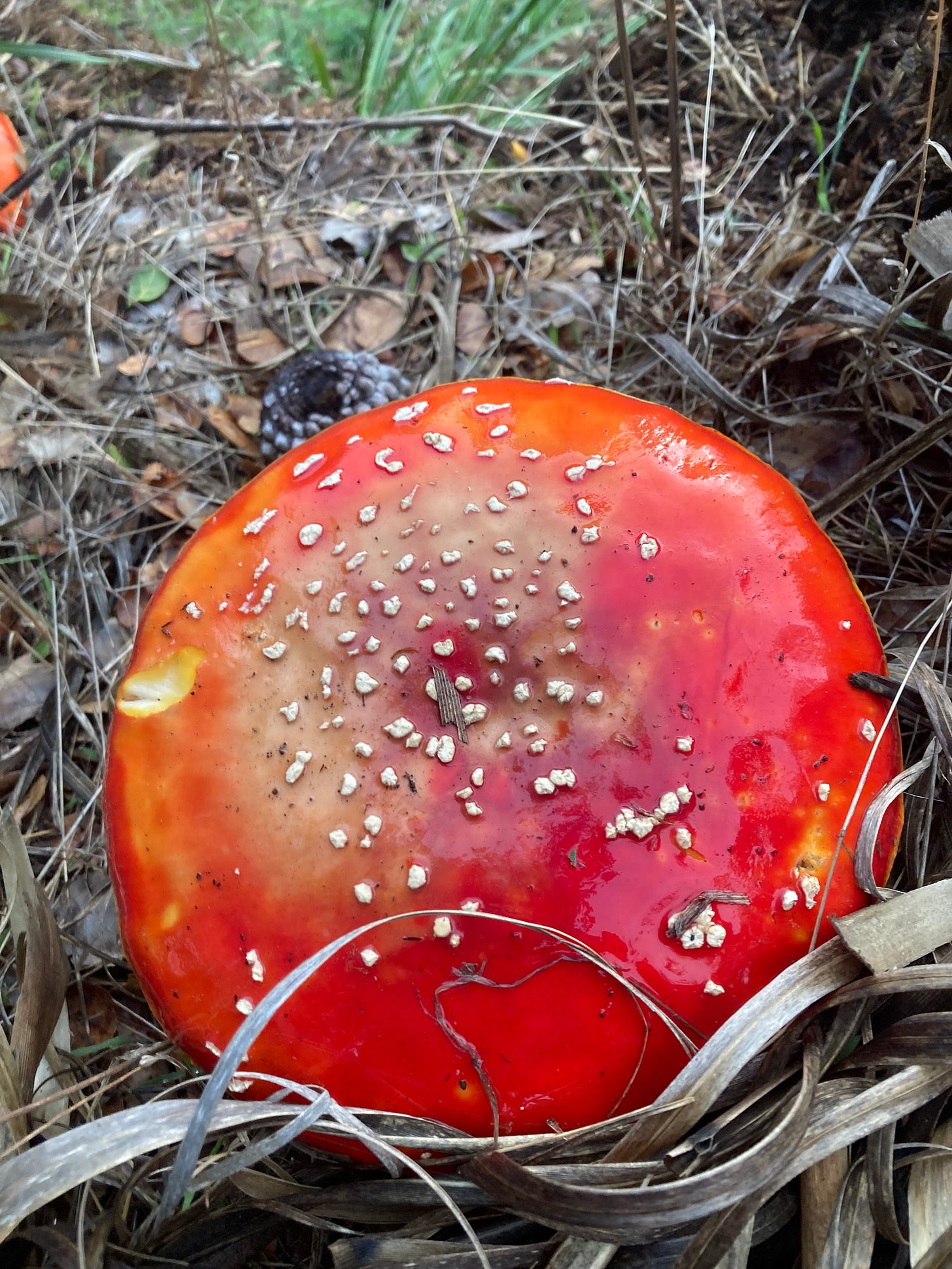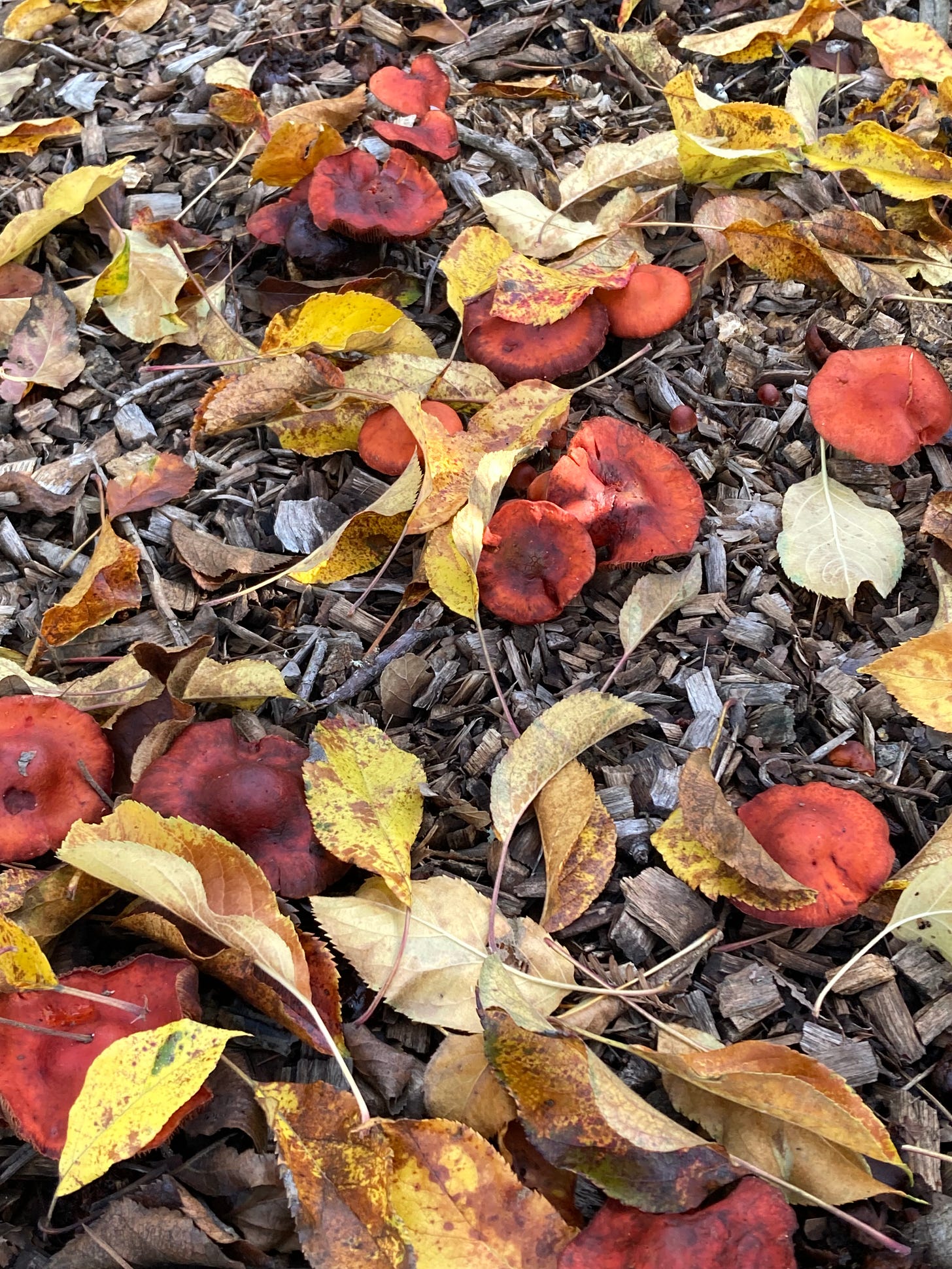and Five Practical Questions
In this issue:
· Insights Into Practices
· A Poem
· What I’m Watching – Two movies
· 3-Month Practice Period
“Be patient toward all that is unsolved in your heart and try to love the questions themselves, like locked rooms and like books that are now written in a very foreign tongue. Do not now seek the answers, which cannot be given you because you would not be able to live them. And the point is, to live everything. Live the questions now. Perhaps you will then gradually, without noticing it, live along some distant day into the answer.”
― Rainer Maria Rilke
We generally prefer answers over questions. I do. I want to know how to choose, and how to make decisions – about work, relationships, and all kinds of activities. Yet, I’ve noticed that the questions we ask can shape our decisions and inform our lives.
One of my favorite questions that comes from the Zen world is: What is the request your life asks of you? As a request, this question calls forth a sense of selflessness and effortlessness. How will you respond to this direct, powerful, and loving request?
This might be the only question we ever really need. It is a great and potent question, this time of year or any time of year. I’ve also heard it posed as — What is the impossible request your life asks of you? — an even more challenging and penetrating way of stating the question.
How might I answer this question, right now?
- Don’t hold back.
- Listen more deeply.
- Make more requests of myself and others.
- Find the sweet spot of my work, by finding more depth and more scale in coaching, team building, and culture work.
- Study more and teach more.
- Show up more as a Zen teacher.
- Connect more deeply with family and friends. Be open to creativity, playfulness, and surprise.

Here are some additional, more practical questions for the end of the year and the beginning of a new year:
- What were my biggest accomplishments this year?
Another way to phrase this question is – what worked well? Looking over the past year, what do you feel most proud of?
- What were my greatest challenges this year? What was most difficult, disappointing, and painful? What can I learn from these?
These could be seen as failures, or anything that didn’t go as forecast or planned. This could also include illness and loss.
- What brought me the most joy and satisfaction?
- What gave me energy and what sapped me of energy?
- What work or other activities do I want to do more of, and what work and activities do I want to cut back on?
Practice: Try taking 12 minutes to answer these questions and see what happens.
Then, inspired by Rilke, consider what is unsolved in your heart. Ask yourself the questions for which there is not yet an answer and explore how you can live the questions now, believing that in time the answers may appear.
A Poem by Hafiz (translated by Daniel Ladinsky)
Don’t
Surender
Your loneliness so quickly:
Let it cut more
Deep
Let it ferment and season you
As few human
Or even divine ingredients can.
Something missing in my heart tonight
Has made my eyes so soft,
My voice so,
Tender
My need of God
Absolutely
Clear

Movies I’ve Enjoyed
Maestro – A glimpse into the life of composer Leonard Bernstein. Rich, intense, and beautifully done.
The Holdovers – An often surprising and tender film, featuring Paul Giamatti.
3-Month Zen Practice Period, called Appreciating Your Life:
January 24th – April 10th
Wednesdays at 6:00 PM (PST)
Online
A 3-month Practice Period is a great way to begin or deepen your mindfulness and meditation practice, and cultivate ways for integrating that practice with your work and all parts of your life.
The theme for the Practice Period is Appreciating Your Life. This is the underlying theme of meditation practice and Zen practice generally seeing and feeling everything – the good, bad, ugly, beautiful – as a gift and an opportunity to learn, grown and engage. It’s the practice of feeling deeply, opening our hearts and minds with a mindset of appreciation, and of being of benefit, through our ability to see more clearly, to accept what is, and to work effectively with and for change.
Our primary reading for the practice period is Zen And The Art Of Saving The Planet, by Vietnamese Zen teacher Thich Nhat Hanh. This is an excellent primer on the non-dual teachings of Zen practice and how to apply them to family, relationships, leadership, work, and social and environmental responsibility.
Being part of a community that meets weekly is a powerful way to find more clarity and connection as we begin a New Year. Each week we will meditate together for 30 minutes. Then, I’ll give a short talk, unpacking ideas and practices from Zen And The Art Of Saving The Planet. We will engage in small group and large group discussions to practice and deepen the tools and themes discussed. Each week you will leave with an actionable insight, or a practice, and a suggested reading.
Weekly sessions will be recorded and made available in case you miss any sessions or want to revisit them.
Happy New Year!
